Things I read, heard and thought of vol 3 - September - October - November
Monthly thing right? We are our harshest critics, that's well known - so I will not indulge in berating myself for that! I've written in September and I am writing in November - I still call that a win!
Coincidentally the first thing to mention is somewhat connected what Snowden taught me about in the last note, I've recently watched https://media.ccc.de/v/SHA2017-489-social_cooling
Tijmen Schep instills a bunch of troubling thoughts (do check his other work, he's also behind this) regarding the rise of the so-called reputation economy and the numerous negative phenomena it brings about. The point about self-censorship Snowden was making sounds all the more powerful here - the freedoms of thought and expression will be there, but will not be used for fear of becoming an outlier. He also sheds new light on the possible effects of becoming complacent with our ever growing agreement bubbles. When everyone thinks the same thoughts, contrarians are rebels and can become rare. Status quo might just become the thing carved out in stone, word will be harder and slower to change. So let me just repeat after Pimlott again:
... Erroneous thought is the stuff of freedom.
Privacy allows unpopular thoughts to mature and spread, and is a prerequisite for change.
One may probably dismiss many of those thoughts have they not been backed by evidence. He recalls a scoring programme in the Netherlands which resulted in risk aversion and unwillingness to treat terminally ill patients. Encouraging fitting in is synonymous to encouraging risk aversion - and having the guts to think and be different is one of the most important building blocks for children. If that doesn't trigger an alarm off for you, just remember the Cambridge Analytica and voter manipulation which happened in multiple countries around the globe. Schep throws more gloomy examples in:
- A company selling your mood current mood to advertisers (hey fellow Spotify users)
- A company matching people by how similarly "hot" they are to an algorithm (Tinderistas that one is for you)
- The unfolding technological dystopia of the Chinese social credit system
- ... the list goes on, check links above
Let's wrap this one up with a Snowden, one where he urges us to stop saying we don't care for we have nothing to hide:
"Arguing that you don't care about the right to privacy because you have nothing to hide is no different than saying you don't care about free speech because you have nothing to say."
On a brighter side, I am still looking for active ways to contribute to what I consider to be pushing the world forward. thesephist threw in a rather radical idea of setting a goal to contribute 3% of income to worthy causes. With all the OS contributions I am currently doing I am sitting at around 1%. Good to know there are so many people with good ideas on the subject out there. I've been recommended The Joe Rogan Experience #930 Will MacAskill for some more ideas, but I think I want to float around the world on technology in teaching only for now. I've never been one for room decoration but I like custom neons.

I am getting more into beekeeping - the plan was to start my apiary this year, but it didn't work out for now. That gave me more time to dig for random bee facts ! Telling the bees is a custom in some European countries to tell the bees of important events happening around them, letting them mourn, grieve and celebrate. It's so abstract for now that whenever I think of a beehive I can't help by visualising it a server trying to respond to numerous events it's bombarded with (among others this was the reason for me to take a longer break from work in September)
Non Violent Communication - is a book a colleague has recommended (thanks Mark!) I have initially listened to the abridged version using the Blinkist app (feeling like I've cheated now, as I bet I would have learnt more have I read it properly). Here are my notes though:
The general theme is a list of tips for how not to be an unbearable a-hole.
- Don't alienate or judge but show compassion. Languages that "are" more judgemental tend to house more violent societies. The more judgemental words the higher the number of incidents / outbursts.
- Avoid moralistic judgement - insults, criticism and labels for those who don't adhere to your moral system or values are not the right way. The fact that someone disagrees doesn't mean they are wrong.
- Separate observation from evaluation - don't use pejorative adjectives and be specific. Observation is not evaluation. Avoid generalisation - always / never . Observations are free of criticism and labels - prevent you from assumptions and don’t trigger defensiveness.
- Learn to express how you feel to find the root of distress and disarm with honesty. Sharper adjectives - expand vocabulary to express your emotions more accurately.
- Take responsibility for your feelings - even though someone might have triggered your feelings it's entirely your thing to deal with them. Identify your emotions to get to the root - ask why they say what they say
- Learn to identify the root of a feeling both in your and others - what made you feel this way. Give narrative (as it what triggered what you're talking about instead of just how you feel) and avoid group actors - not everyone but my boss
- Express what you would like from others - how exactly can they help you instead of being vague. Not reaching our standards of cleanliness without us communicating those ! Open yourself up with your needs. Ask for something to be done, not for someone to stop doing something. Kayaking trip example. Spend one evening at home vs stop working so much .
- Reduce judgmental self criticism - it's not ever that terrible and we are our harshest critics. Self judgement is often a result of unmet needs.
- Listen empathetically - listen to what they say and don’t offer solutions. Ask questions about needs , feelings and requests. Paraphrase for them to communicate clearer. Satisfaction is not compromise - both parties' needs are met vs everyone gives something up . Barter when in trouble?
Did you know that 10000 hours is roughly 5 years of full time work? This number is something that gets thrown around quite often in regard to mastering a skill. There are approximately 260 working days a year, give you work for ~8 hours, you could theoretically be a master of your craft at the five years mark.
I've read a bunch of writing of https://danluu.com, some recommendations:
In which he makes a case for being ok with looking stupid. This is a recurring theme in what I know about education and understanding but it's quite hard to follow in daily life without feeling like you're undermining your own position or skills. It reminds me a lot of both Feynman's approach to understanding and Dr. Seuss:

Being brave enough to ask the "naive" / "stupid" questions is a path to true understanding. Sometimes you need to undermine the status quo, to understand a phenomenon properly. He gives the example of "why wider tires have better grip" - which seems obvious to most of us, but your explanation of why is likely wrong. Without questioning you will not be able to verify your own assumptions, it's also good to get familiar with the feeling itself:
When I was pretty young, I think before I was a teenager, I noticed that this happened when I learned things that were hard for me and tried to think of this feeling as "the feeling of learning something" instead of "feeling dumb", which half worked (I now associate that feeling with the former as well as the latter)
This resonates a lot with me as I often feel like I am still just catching up. Being comfortable with not knowing and calling it a phase gives tremendous benefits!
This skill is especially important in tech as I doubt there is anyone in our tribe who will not need to relearn a thing or two soon. Being ok with looking stupid will prevent you from basic mistakes that could have easily been avoided have you just asked. Embrace it when starring in a new team, don't make it harder for your mentors by avoiding being open with your struggles.
If you don't regularly have people thinking that you're stupid, I think it's likely that at least one of the following is true
- You have extremely filtered interactions with people and basically only interact with people of your choosing and you have filtered out any people who have the reactions describe in this pos
- If you count internet comments, then you do not post things to the internet or do not read internet comments
- You are avoiding looking stupid
- You are not noticing when people think you're stupid
Good takeaway from this one is - keep the people who enjoy senseless ideas and debating the stupid close. They are rare gems!
Other worthwhile reads:
On learning new stuff / to program:
Being below the 90-95th percentile at something means you are mediocre at it, good thing it usually doesn't take much to cross that threshold with some deliberate practice. It's the idea of putting yourself on the edge when learning - just hard enough to make you struggle and easy enough to not prevent your from moving forward.
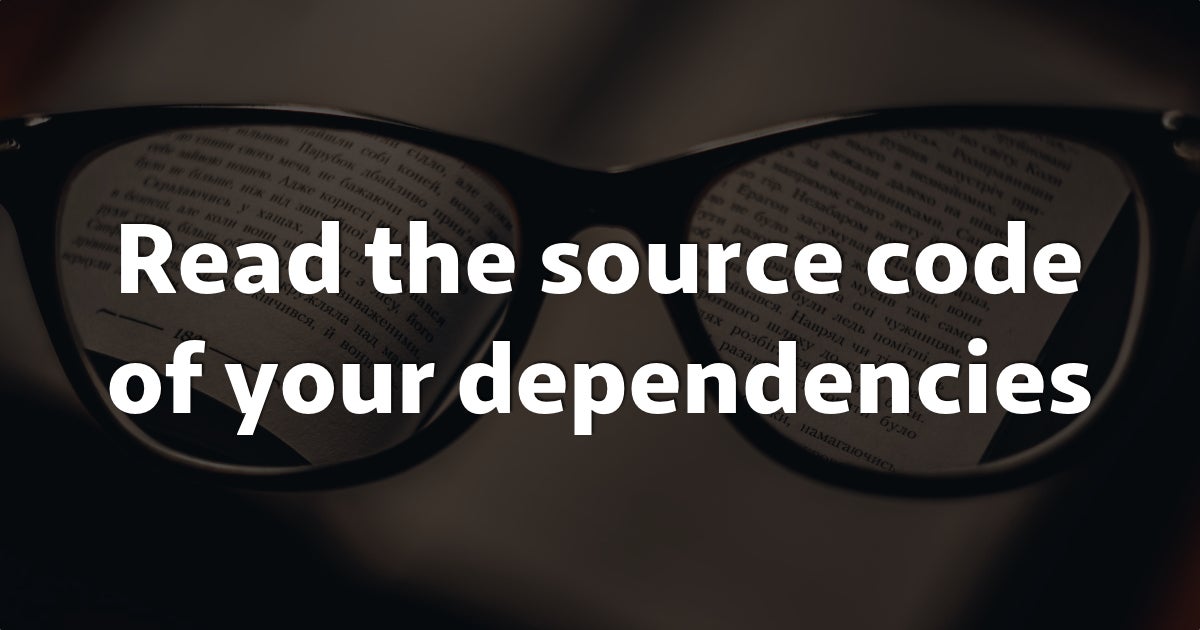
Is something I keep repeating myself these days. Long gone are the days when I considered Udemy courses a great intro to a new concept, these days I prefer to just dig through the library and sample repositories. As they say:
The code can never lie.
It will never be outdated (hey docs), never be for the wrong version (after all you are browsing the one you are using right?) or give you misconceptions that come from wrong understanding of what is happening under the hood. Read the code of the libs you are using and do it often.
I listen to a lot of The Changelog Podcasts ! Here's another one https://changelog.com/podcast/454 and my favourite piece from it:
So it really depends on the development style. I really push for “Look, record everything. Disk space is cheap.” Other people say “Well, I want to work by myself and get everything perfect, and then once it’s all perfect, then I will push it up so that everybody else can see it. I’m gonna argue that that’s not the best way to do it. I think that you need to have the humility to push up your mistakes, as well as your successes.
-- Richard Hipp
How people behave in projects tells you a lot about the culture of the organisation they are in. For me too many perfectionists on a radar do not only slow things down, they also are a yellow light to think whether I am at the right place myself. I had my fair share of terrible disasters and felt insecure about talking about them. Thankfully where I am at right now we have a good balance. Exposing your imperfections to the world (and your team) - especially in the coding world - will give you more feedback and sooner! You can grow from this and get unstuck easier / have someone comment on your work and give you ideas you haven't considered before.
On side projects!

A piece that gently reminds you that your side projects can be just that. They don't need to be fit for an audience, generate revenue or have a viable forward scaling path. Sometimes it's good to just do things for yourself - build them for yourself without considering what you know about the discrepancies between your personal preferences and "market fit" or UX research, or as the author says:
We should remember that creativity is the core qualification of professional designers. And while creativity always needs constraints to be productive — it should not be drowned out by procedure and conformity. Designing for yourself can provide you with a creative breathing space in the design process.
On RSS:
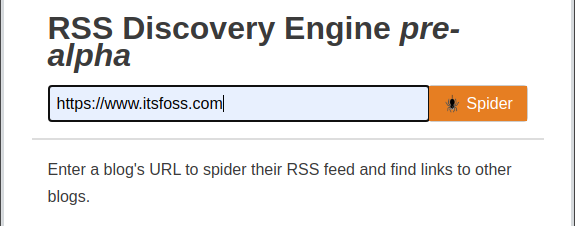
Coincidentally I've read this on Aaron Swartz's would be birthday, who at the age of 13 co-authored some of the specifications for RSS 1.0.
The basic claim of the author is that the Web has become incredibly difficult to wander. It's hard to not be directed by ads and marketing, hard to find obscure blogs and rare posters in the sea of content marketing. He has a tool just for that - https://rdengine.herokuapp.com/ an app that goes through the outgoing links of the blogs you like. You can have a peek into what makes for the worldview of your favourite bloggers.
I've fallen into the rabbit hole of reading about Pegasus operators from my side of the world. Apparently our government has bought a licence / rented an operator recently and with what the reports are saying I wonder what it has been used for up to date. Considering its reputation and what other countries have already used it for, I doubt it's an innocent defensive tool. Especially not when the Polish government is in active conflict with many of the journalists that disagree with its' Reasons of State.
This made me think if there would still be active opposition and uproar if it was proven that this "tool" has been used to actively investigate and act against press releases / individual journalists.
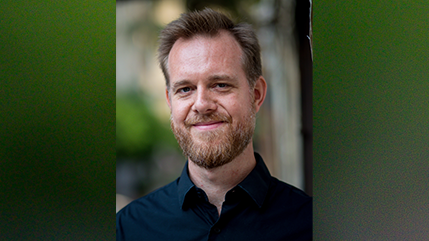
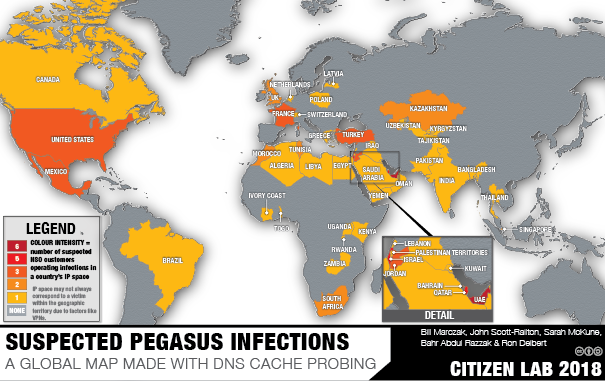
In one of my previous projects a colleague was redirecting 404 to the famous:
Apparently that is a sane way to trick bots scouring the endless Internets - https://bradgessler.com/articles/419-never-gonna-give-you-up/ you can rickroll unwanted "visitors" quite easily!
I bet that's not everything and I lost a lot in the process, but it was good to catch up on those anyway! Hope you will enjoy them if you find them here some day !
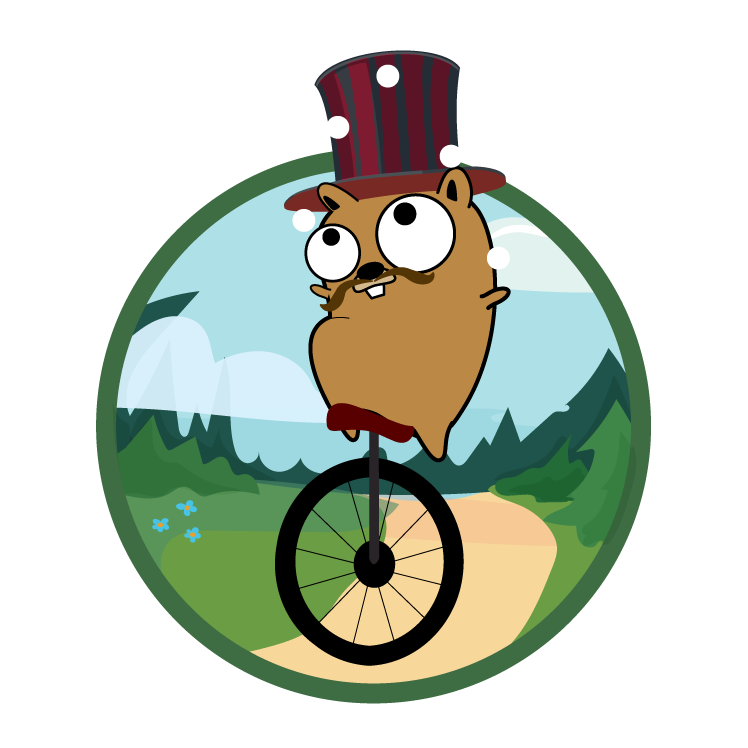



Member discussion